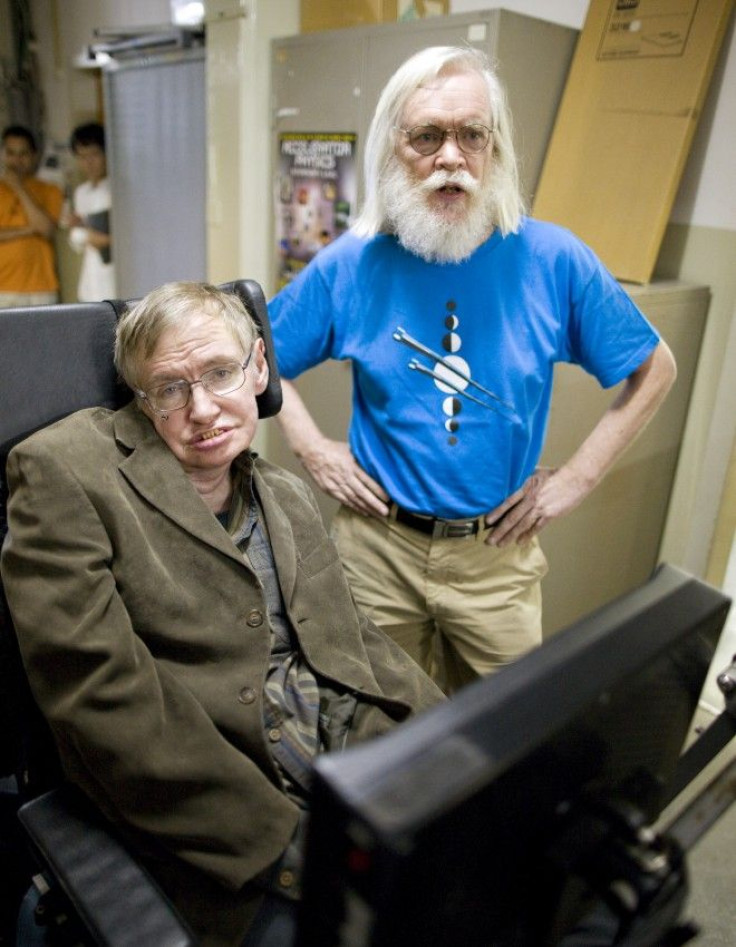Heaven is a 'fairy story' says Stephen Hawking

Physicist Stephen Hawking has dismissed religion once again as he deemed heaven a fairy story aimed at appeasing those afraid of death.
The author of 1988 international best-seller A Brief History of Time said in an interview with The Guardian that his views were partly influenced by his battle with motor neuron disease.
I have lived with the prospect of an early death for the last 49 years. I'm not afraid of death, but I'm in no hurry to die. I have so much I want to do first, he told the newspaper in an interview published on Monday.
I regard the brain as a computer which will stop working when its components fail. There is no heaven or afterlife for broken down computers; that is a fairy story for people afraid of the dark.
Hawking's stance on religion has hardened since the publishing of his seminal work.
Previously, he wrote that the laws of physics meant it was simply not necessary to believe that God had intervened in the Big Bang.
He wrote in A Brief History ... If we discover a complete theory, it would be the ultimate triumph of human reason -- for then we should know the mind of God.
In his 2010 book, The Grand Design he said the 1992 discovery of a planet orbiting another star other than the Sun helped deconstruct the view of the father of physics Isaac Newton that the universe could not have arisen out of chaos but was created by God.
That makes the coincidences of our planetary conditions -- the single Sun, the lucky combination of Earth-Sun distance and solar mass, far less remarkable, and far less compelling evidence that the Earth was carefully designed just to please us human beings, he writes.
Since 1974, the scientist has worked on marrying the two cornerstones of modern physics -- Albert Einstein's General Theory of Relativity, which concerns gravity and large-scale phenomena, and quantum theory, which covers subatomic particles.
© Copyright IBTimes 2024. All rights reserved.











